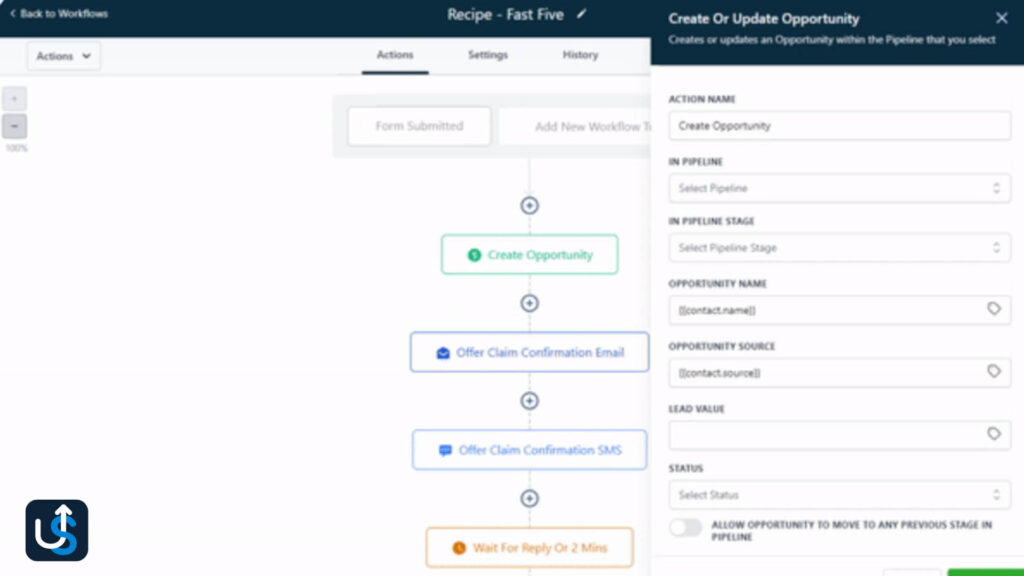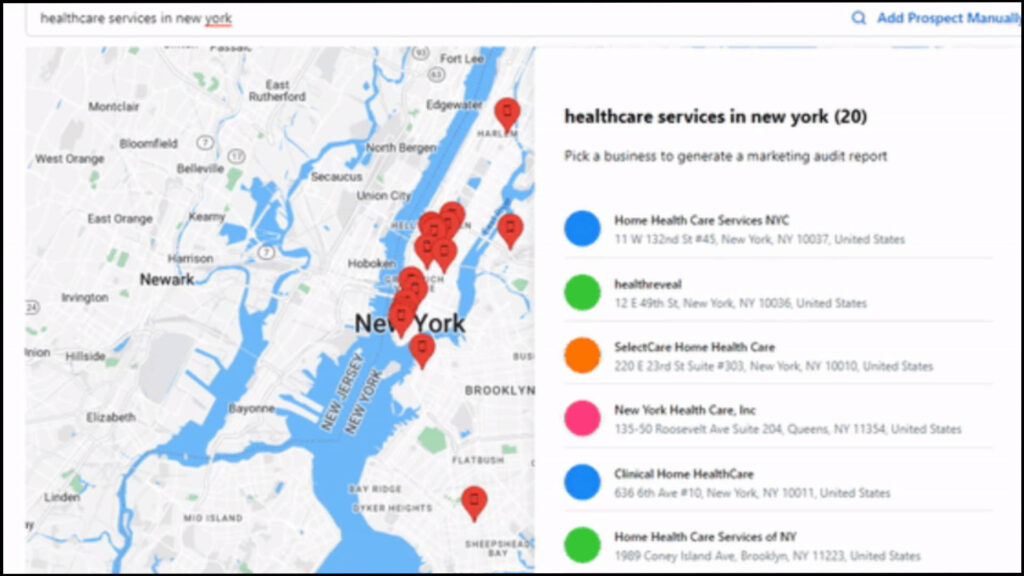
Choosing the right Customer Relationship Management (CRM) software can significantly impact your business operations. With numerous CRM systems available, it’s crucial to understand the key factors that will help you select the best CRM solution tailored to your specific business needs. This guide outlines 12 critical factors to consider when choosing a CRM system, ensuring you make an informed decision.
To choose the right CRM, start by defining your business goals and key workflows. Consider if the CRM system supports lead generation, customer interactions, and deal closures. Ensure it aligns with your sales, marketing, and support team’s needs. By focusing on these requirements, you can identify a CRM solution that fosters efficiency and collaboration.
What are your current pain points in managing customer relationships?
How can CRM software address these challenges and support your growth?

Ease of use plays a significant role in CRM adoption. A CRM with a steep learning curve can lead to poor adoption rates and reduced productivity. Therefore, selecting a CRM that prioritizes simplicity without sacrificing functionality is essential.
The software should cater to users of all skill levels, ensuring seamless integration into daily workflows and eliminating unnecessary complications. This aspect is particularly critical for small businesses and growing teams where efficiency is paramount.
Intuitive interfaces that simplify navigation.
Guided tutorials and user-friendly dashboards.
Customizable workflows tailored to your business operations.
Tip: A user-friendly CRM minimizes training time and ensures higher adoption rates across teams.
Budget planning is essential when selecting a CRM. Decide between a subscription model or a one-time purchase, considering the long-term costs and benefits of each. Evaluate how pricing changes with additional features or users and identify any hidden costs, such as data migration, training, or premium customer support. Request a detailed cost breakdown from vendors to avoid surprises.

CRM integration is an important factor when selecting CRM software. A CRM that integrates seamlessly with your existing tools enhances efficiency. Check for compatibility with email platforms, project management software, and ERP systems. Robust APIs or third-party integrations provide flexibility for connecting to niche tools. Additionally, assess the ease of data migration to ensure a smooth transition without disruptions.
Tip: Integration enhances workflow efficiency by centralizing data and ensuring smoother operations.
Reliable customer support is a cornerstone of effective CRM implementation and ongoing usage. A strong support system ensures that any technical issues are resolved promptly, minimizing downtime and disruption to your operations. Additionally, accessible support enhances user confidence, making it easier for your team to adapt to the new CRM.
When evaluating CRM vendors, consider their availability across multiple channels like live chat, email, and phone. Ensure that support is not just available but responsive and capable of addressing both basic queries and complex issues. Comprehensive training resources such as webinars, tutorials, and dedicated onboarding support also play a vital role in helping your team make the most of the CRM.
24/7 support availability across multiple channels such as live chat, email, and phone.
Training resources, including tutorials, webinars, and dedicated onboarding support.
Insight: Testing the CRM provider’s responsiveness during your free trial can help you gauge the quality of their support.

Customer reviews and case studies provide valuable insights into a CRM’s performance and reliability. Look for feedback from businesses similar to yours to gauge how well the system meets their needs. Independent evaluations or industry awards can further validate the CRM’s effectiveness and reputation.
Tip: Focus on feedback from companies with similar operational needs to ensure relevance.
Security is paramount when managing sensitive customer data. Ensure the CRM provides robust encryption, role-based access controls, and compliance with industry regulations like GDPR or HIPAA. Regular security updates and a transparent data protection policy demonstrate the vendor’s commitment to safeguarding your information.
A secure CRM builds trust with customers and safeguards your business reputation.
Automation simplifies repetitive tasks, freeing up your team’s time for high-value activities. Look for automation capabilities such as workflow management, lead nurturing, and data entry. Integration with email marketing tools and other platforms can further streamline operations, enhancing efficiency and reducing manual errors.
Data-driven decision-making relies on robust reporting and analytics. Ensure the CRM offers customizable reports that align with your KPIs. Real-time insights and forecasting tools help you monitor performance and adapt strategies quickly. These features should provide actionable data to enhance efficiency and profitability.
Understanding CRM scalability is crucial for future-proofing your business. Choose a CRM that can grow with your business. Verify that it supports increasing numbers of users, data storage, and feature upgrades without compromising performance. Scalability ensures the system remains relevant as your business expands, preventing the need for a costly migration to a new platform in the future.
Tip: A scalable CRM eliminates the need for costly migrations as your business evolves.

Mobile accessibility is vital for teams working to reach customers on the go. A mobile CRM app should offer full functionality, including real-time updates, task management, and access to customer data.
Compatibility with various devices and operating systems.
Seamless synchronization between mobile and desktop versions.
Reliable performance, with regular updates to enhance usability.
Pro Tip: Mobile CRM solutions are especially critical for sales teams that work remotely or in the field.
A smooth onboarding process ensures quick adoption and minimizes disruptions to daily operations. Successful implementation depends on structured planning and strong vendor support, making this phase critical for achieving ROI from your CRM investment.
Begin with a clear plan outlining goals and timelines to keep the process on track.
Engage all stakeholders early to ensure alignment and address concerns.
Prioritize training sessions tailored to your team’s specific roles to enhance user confidence.
Leverage vendor-provided resources like tutorials, FAQs, and dedicated onboarding teams to speed up the learning curve.
Pro Tip: Assess the vendor’s onboarding plan during the free trial to ensure it meets your team’s requirements and fits within your schedule.

If you’re looking for a comprehensive CRM that checks all the boxes, Upsurge CRM is your answer. Designed to cater to businesses of all sizes, it combines powerful features with user-friendly functionality.
Why It Stands Out: Upsurge CRM offers seamless integrations, robust automation, advanced analytics, and unparalleled customer support. It’s built for scalability, ensuring it grows with your business. With a mobile-friendly interface and affordable pricing, Upsurge CRM is your one-stop solution for efficient customer relationship management.
Customizable workflows to suit your unique processes.
Real-time insights for data-driven decision-making.
Secure and compliant systems to protect customer data.
Take the first step today—Explore all the features provided by Upsurge CRM and experience the difference.
Selecting the right CRM involves balancing features, budget, and scalability. By carefully considering these 12 factors, you can choose a CRM system that enhances workflows, strengthens customer relationships, and drives growth. With its user-friendly design, robust features, and seamless integrations, Upsurge CRM stands out as your one-stop solution for all customer relationship management needs. Start your journey with a free trial today and discover how Upsurge CRM can revolutionize your business.
